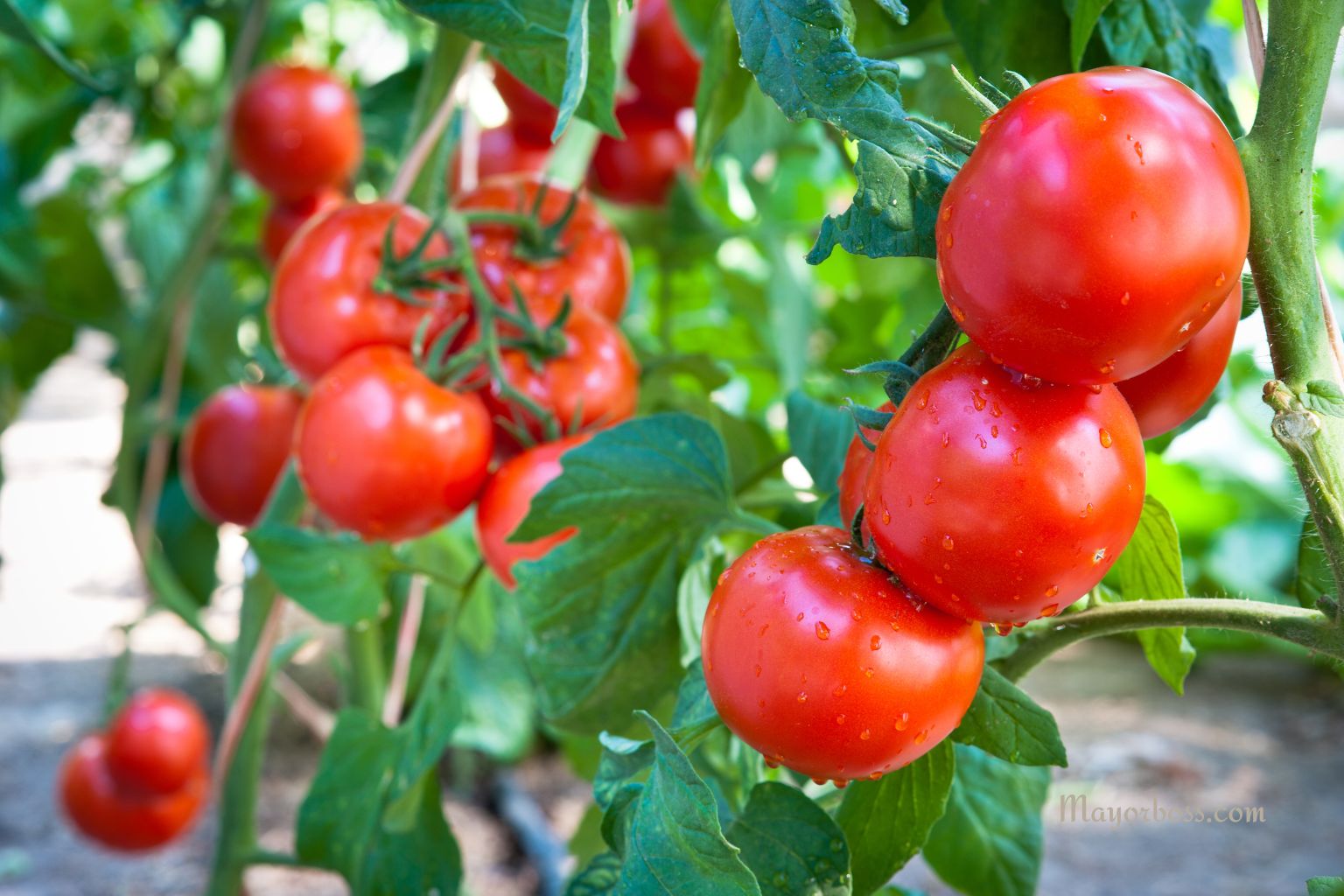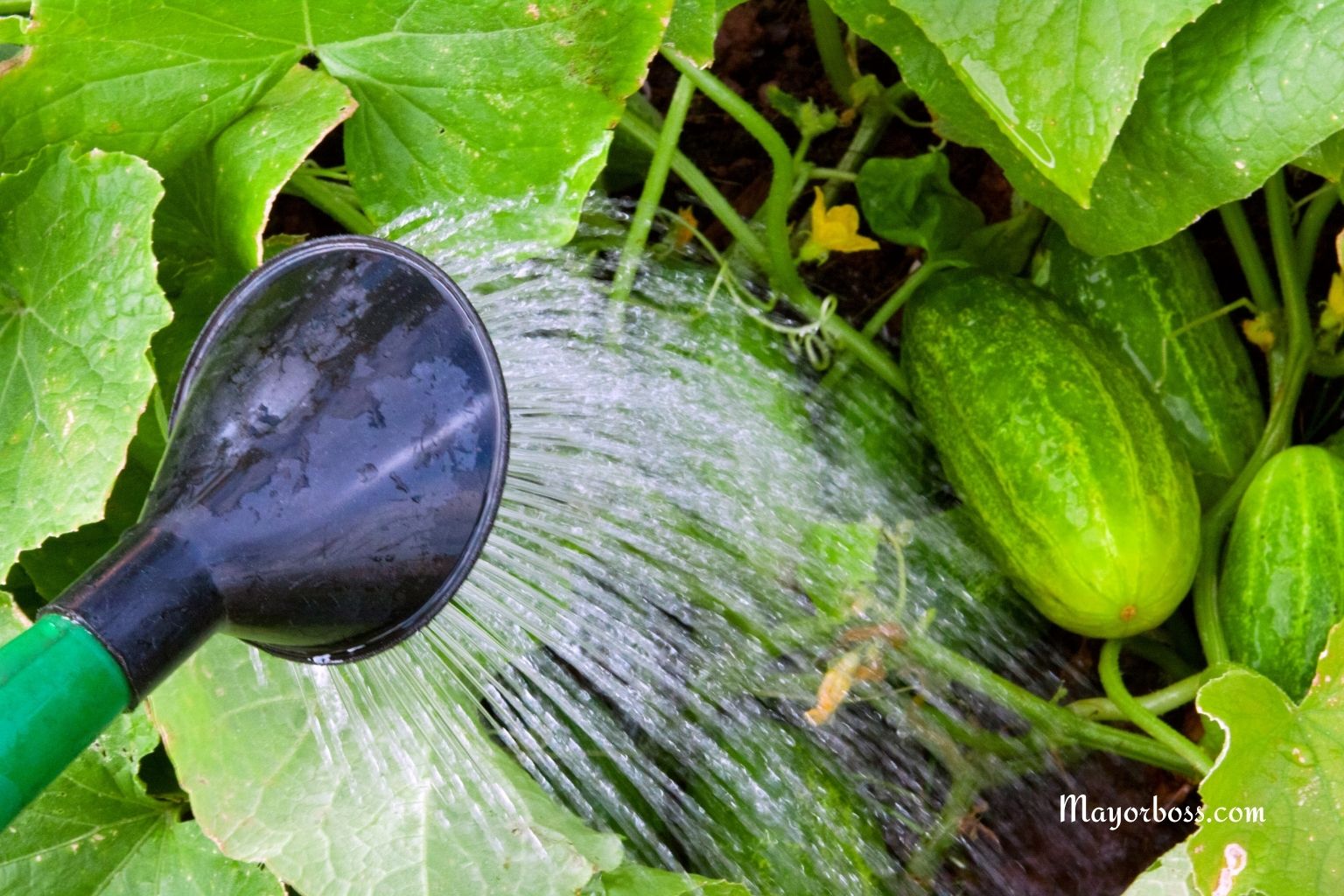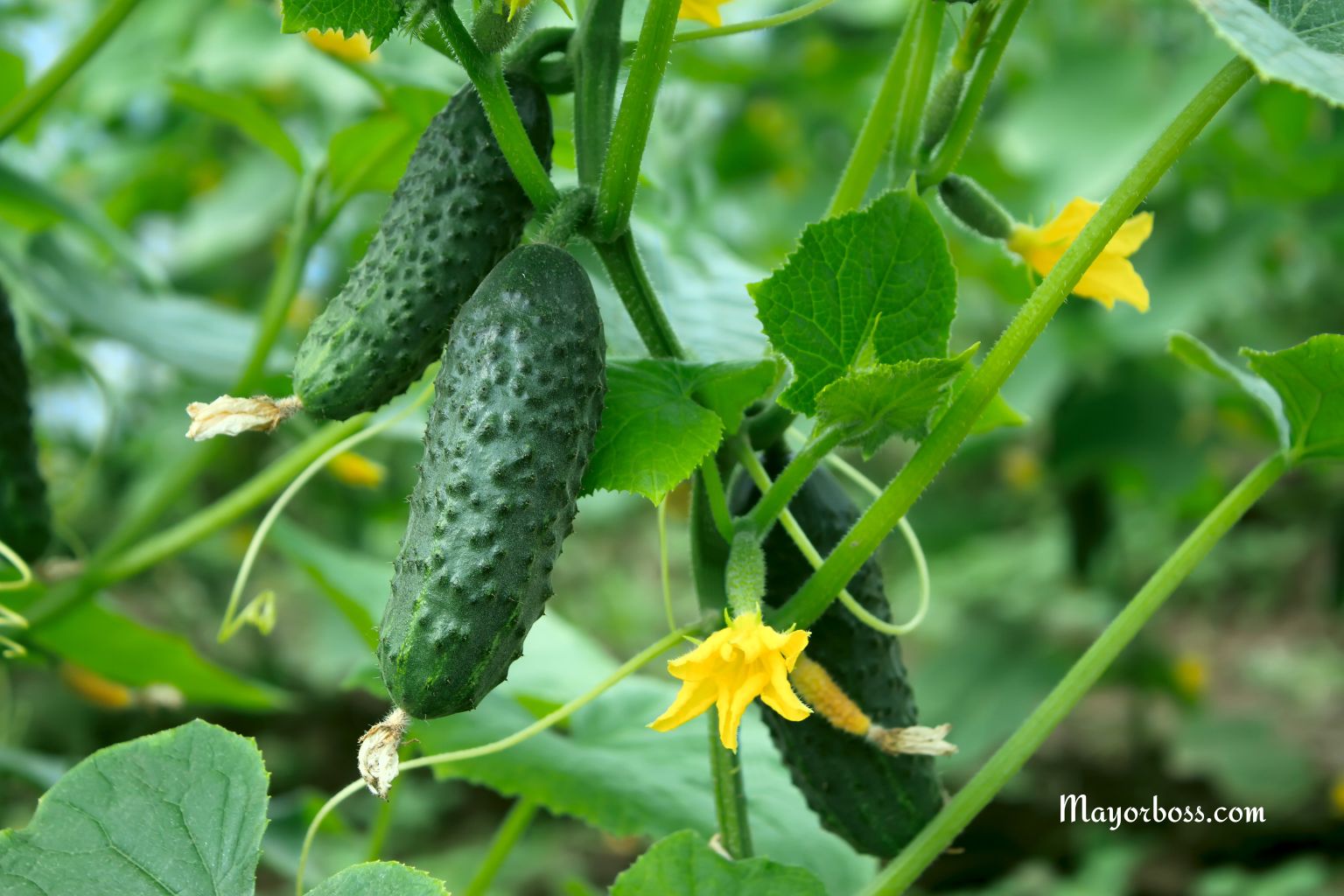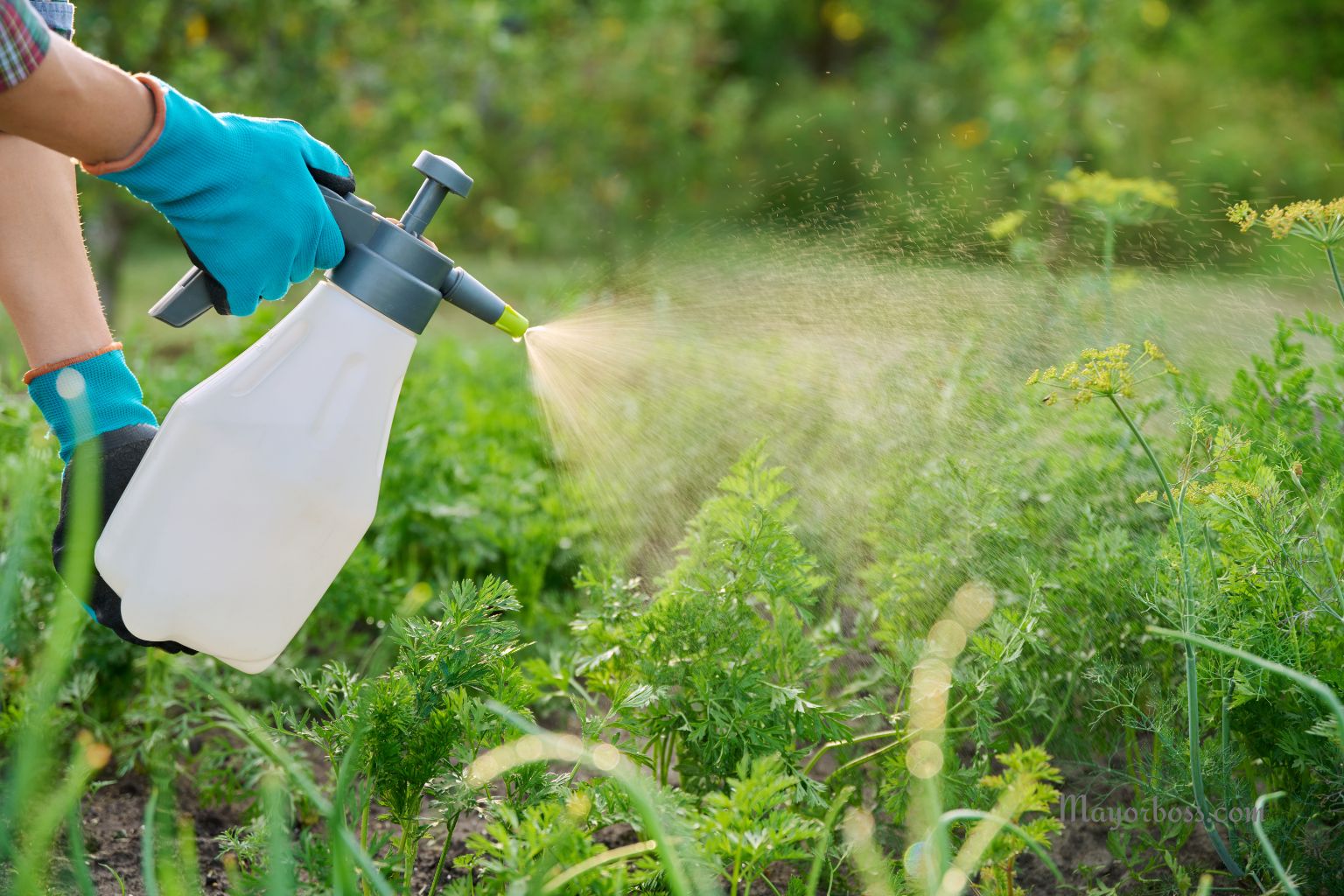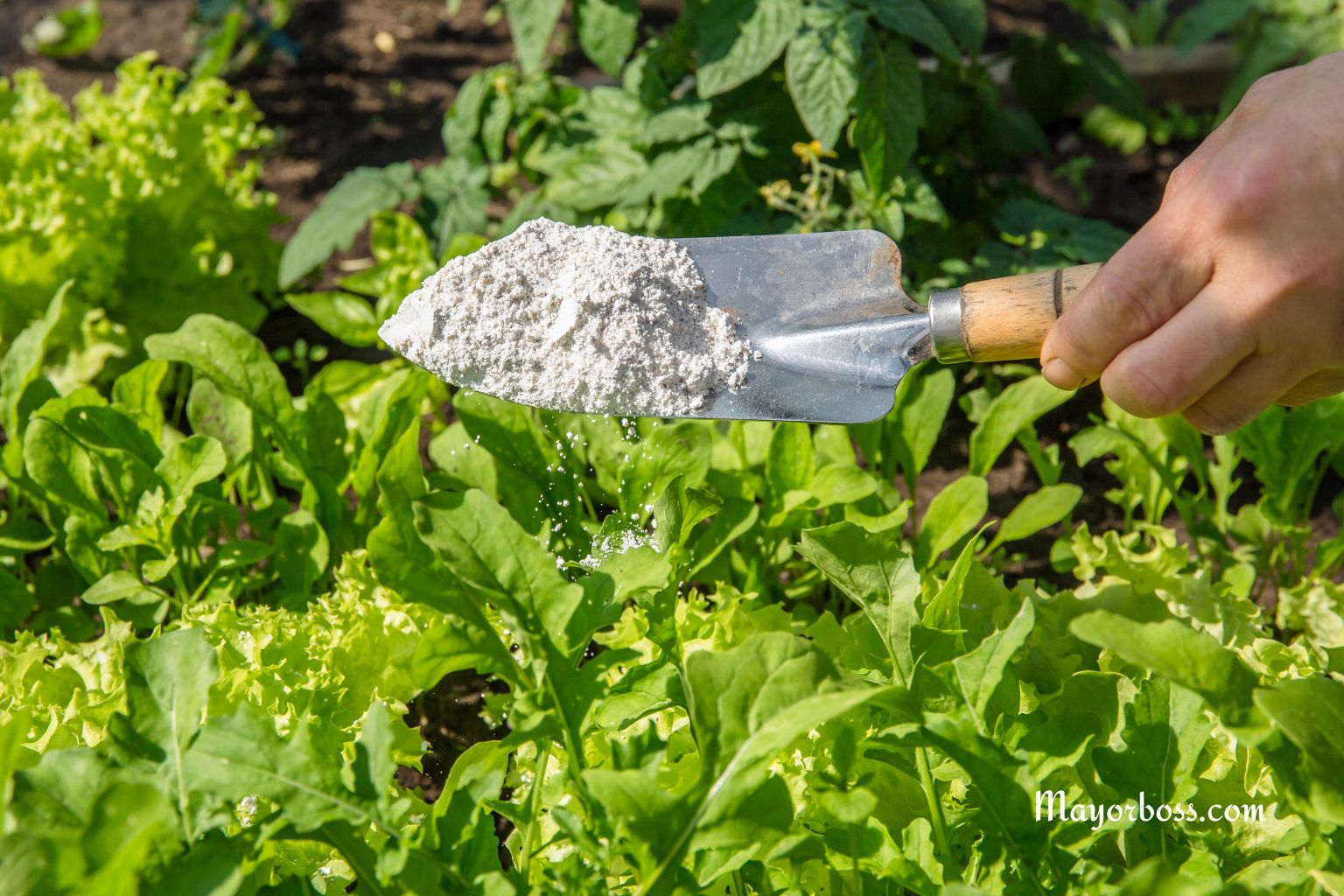Here’s What 30 Minutes of Gardening Does to Your Body
Spending just 30 minutes a day gardening can do far more for your health than you might expect. It doesn’t just grow flowers and vegetables—it nurtures your body and mind.

Let’s dig into what happens inside you when you spend half an hour in the garden.
Lowers Your Stress Levels
As soon as you step into the garden, your body begins to shift. The smell of soil, the sound of birds, the feel of plants—all these sensory experiences send calming signals to your brain.
Studies show that gardening can lower cortisol, the stress hormone. When cortisol stays high, it can increase blood pressure, weaken the immune system, and even lead to weight gain. But gardening helps bring cortisol down, helping you feel more at ease.1
Many gardeners report that even after a short time pulling weeds or planting seeds, their mood improves. It’s not just a feeling—it’s a biological reaction.
Boosts Your Immune System
Getting your hands in the dirt isn’t just relaxing. It might also make you more resilient to illness.
Soil contains a harmless bacterium called Mycobacterium vaccae. When you inhale or touch it, this microbe can help your immune system regulate inflammation. Some scientists believe it even boosts serotonin, the “feel-good” chemical in your brain.2
Regular contact with garden soil may train your immune system to react more appropriately, which could lower your risk of allergies and autoimmune issues.
Supports Heart Health
Gardening is a form of moderate physical activity. You bend, squat, dig, lift, and walk—all movements that increase your heart rate without straining your body.
According to the American Heart Association, just 150 minutes of moderate exercise per week can reduce the risk of heart disease and stroke. Gardening for 30 minutes, five times a week, fits perfectly into that recommendation.3
Over time, this gentle movement helps improve circulation, lower blood pressure, and strengthen the heart.
Reduces Risk of Chronic Diseases
Regular physical activity—like gardening—has a long list of health benefits. It can help prevent or manage conditions like type 2 diabetes, obesity, high cholesterol, and even some cancers.
One large study found that people who garden weekly had lower body mass indexes (BMIs) and were less likely to be overweight or obese than those who didn’t.4
Why? Because gardening encourages movement and helps you stay active without feeling like you’re doing “exercise.” Plus, many gardeners grow fresh fruits and vegetables, which promotes a healthier diet.
Helps You Sleep Better
If you struggle with sleep, gardening might be a gentle solution. The physical activity helps your body expend energy, while the exposure to natural daylight helps reset your internal clock.
Spending time outdoors during daylight hours reinforces your circadian rhythm—your body’s natural sleep-wake cycle. And a regular rhythm helps you fall asleep faster and sleep more deeply at night.
Sharpens Your Brain
Gardening engages both the body and the mind. It requires planning, problem-solving, and attention to detail. These mental tasks help keep your brain sharp.
In fact, some research shows that gardening can reduce the risk of dementia. One study found that daily gardening lowered dementia risk by up to 36%.5
The combination of physical activity, sensory stimulation, and mental engagement provides a full workout for your brain.
Lifts Your Mood and Eases Anxiety
Gardening has been shown to ease symptoms of depression and anxiety. It gives you a sense of purpose and accomplishment. Watching plants grow reminds you that life takes time, and progress happens little by little.
And when you garden regularly, you get small wins—like a sprouted seed or a blooming flower—that encourage hope and joy.
Mental health professionals sometimes use gardening as part of therapy, called horticultural therapy. Even 30 minutes of tending to plants can calm racing thoughts and ground your emotions.
Encourages Mindfulness
In today’s world, it’s easy to get overwhelmed by screens, schedules, and stress. Gardening slows things down.
When you’re focused on the soil in your hands or the petals of a flower, you’re fully present. That’s mindfulness. And mindfulness has been linked to lower anxiety, better focus, and improved well-being.
Gardening gives your mind a rest from constant thinking. You don’t need to meditate—just water your tomatoes or pull a few weeds.
Strengthens Your Muscles and Joints
You may not realize it, but gardening works many muscle groups. You’re using your arms, legs, back, and core. This light resistance builds strength over time, especially in older adults.
Regular movement also helps keep your joints flexible. It can be especially helpful for people with arthritis. Just remember to use proper body mechanics to protect your back and knees—use a stool, alternate positions, and take breaks.
Creates a Sense of Connection
Gardening connects you to something larger—nature, the food you eat, and even other people.
If you garden with family or in a community space, that social interaction is another layer of health support. Studies show that people with strong social connections live longer and enjoy better health.
Even solo gardening gives you a sense of belonging to the natural world, which can ease feelings of loneliness and isolation.
Final Thoughts
Thirty minutes in the garden may seem small, but it can shift your health in powerful ways. Your heart, brain, mood, and immune system all benefit. You don’t need fancy tools or a perfect backyard—just a patch of soil and a little time.
Make gardening part of your routine. It may become one of the most healing parts of your day.
FAQs
1. Can gardening really count as exercise?
Yes. Gardening involves moderate physical activity, which supports heart health, muscle strength, and joint mobility.
2. Is it okay to garden every day?
Absolutely. Daily gardening—even in short sessions—can improve mental and physical health without overexerting your body.
3. Can gardening help with depression?
Yes. Research shows that gardening can reduce symptoms of depression and anxiety. It provides purpose, routine, and natural exposure to sunlight.
4. What if I don’t have a garden?
You can grow plants in pots on a balcony, windowsill, or porch. Community gardens are another great option.
5. Is there a best time of day to garden for health?
Morning is ideal—it provides sunlight to support your sleep rhythm and can set a positive tone for the day. But any time that fits your schedule is beneficial.
References:
- https://pubmed.ncbi.nlm.nih.gov/20522508/ ↩︎
- https://www.health.harvard.edu/mind-and-mood/feel-good-hormones-how-they-affect-your-mind-mood-and-body ↩︎
- https://www.heart.org/en/healthy-living/fitness/fitness-basics/aha-recs-for-physical-activity-in-adults ↩︎
- https://pubmed.ncbi.nlm.nih.gov/23597347/ ↩︎
- https://www.bbc.com/future/article/20250509-how-gardening-boosts-brain-health ↩︎

